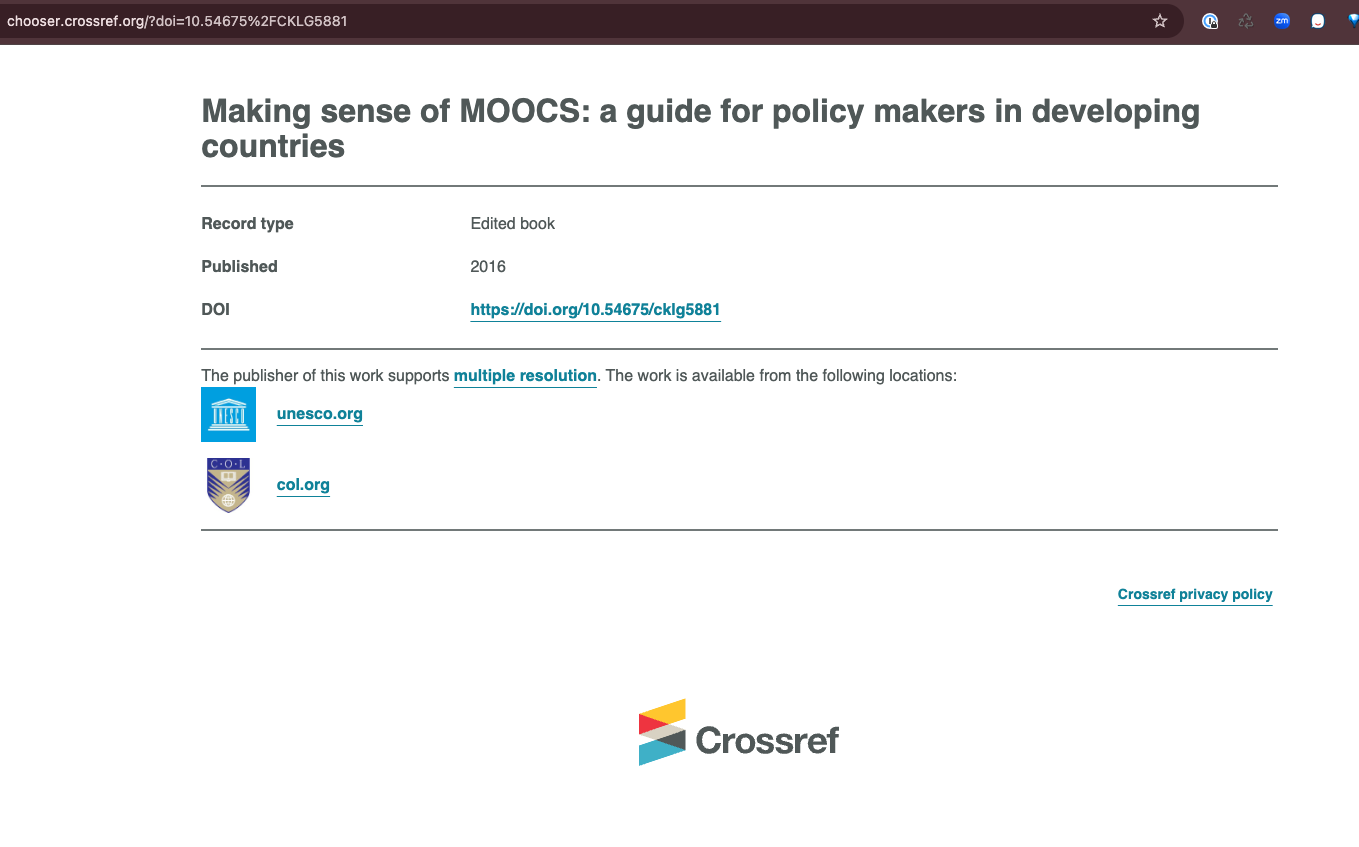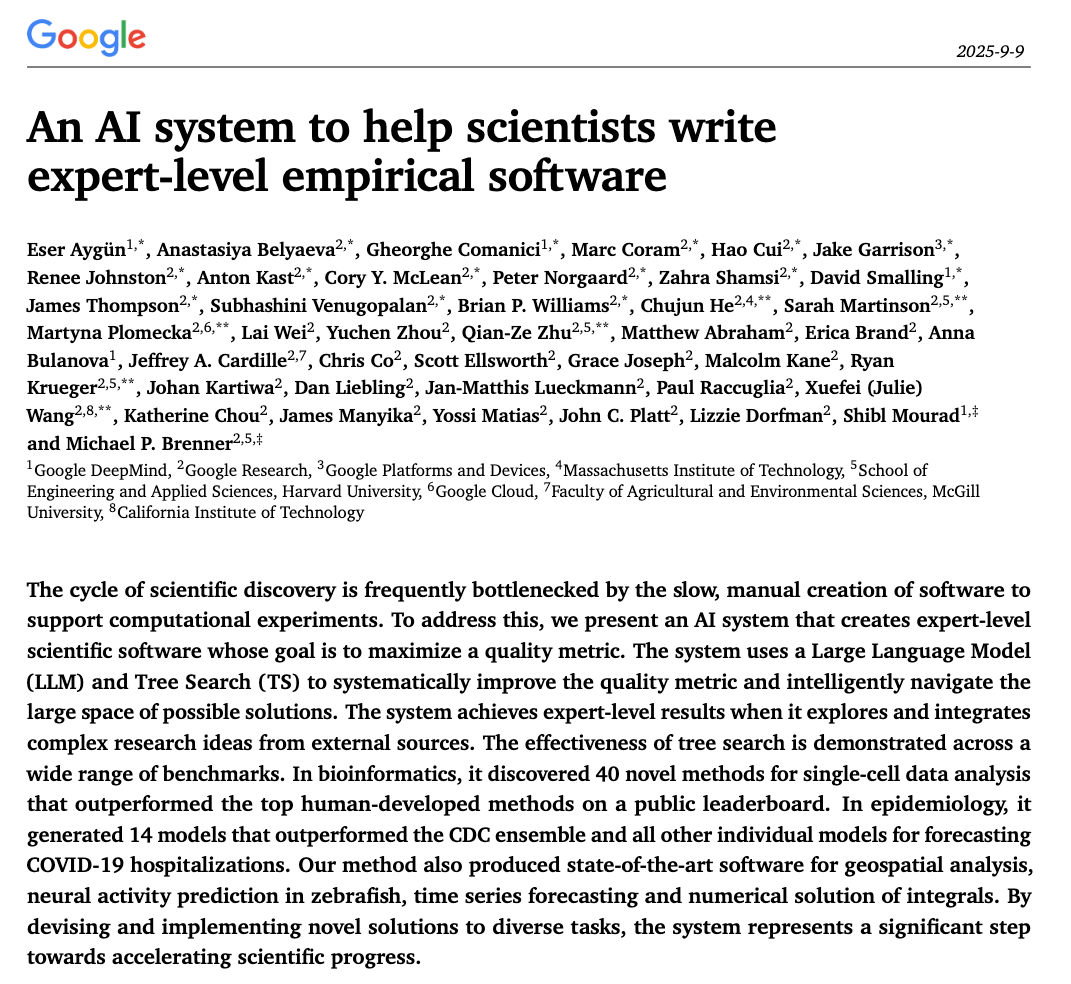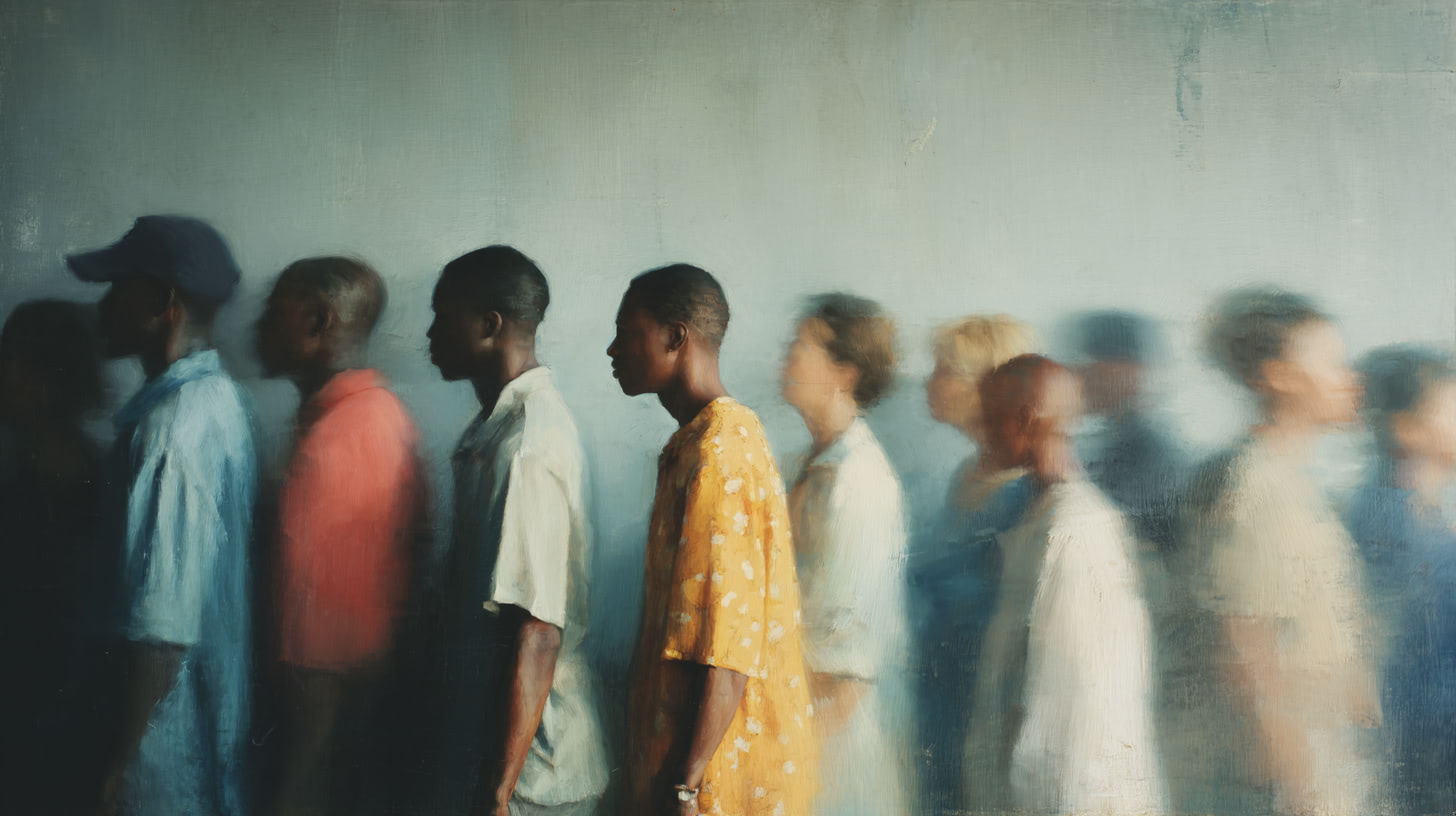Das scholar-led.network versteht sich als Interessenvertretung von Akteur*innen des wissenschaftsgeleiteten Publizierens im deutschsprachigen Raum. Es besteht aus Akteur*innen, die unterschiedliche Positionen im Publikationssystem einnehmen und die teilweise institutionell angebunden, teilweise frei affiliiert sind.
Postagens de Rogue Scholar
Die Organisation Creative Commons hat kürzlich das Konzept der „CC Signals“ vorgestellt. Damit sollen „data stewards“ neue Regeln für die Nutzung von Inhalten durch KI-Anbieter setzen können. Wir stellen die Signals dar und beleuchten die Hintergründe. Dürfen KI-Anbieter fremde Inhalte im Netz sammeln, um damit ihre Modelle zu trainieren? Das ist wohl die größte Urheberrechtsfrage […] The post CC Signals – Anstandsregeln fürs KI-Training?
Appalachian History Series Cave Run Lake sits in the northern hills of Bath County, Kentucky, a broad ribbon of water bordered by the Daniel Boone National Forest. The lake exists because the federal government spent four decades planning and nearly a decade building an earth-and-rockfill dam on the Licking River to curb floods, secure water, and welcome recreation.

To date, there are about 100 Crossref members who have made use of our co-access service for one or more of their books. The service was designed to be a last-resort measure when multiple parties - book publishers, aggregators, and other members - had rights to register book content.
We have developed a prototype dashboard which aims to help organizations maintain complex systems of inter-dependent software components.Our initial prototype organizational dashboard provides insights into code contributors, their repositories, and maintenance status and needs.The prototype dashboard shows data for the three related GitHub organizations, reconhub, epiverse, and epiverse-trace, all of which develop and host open-source software

Back in April, Quarto v1.7 introduced the ability to display multiple outputs from a single code chunk depending on whether or not the side is in dark mode. This was really exciting for me, because even though I prefer to keep sites in dark mode for personal use, I’ve found that in some presentation and teaching settings, the projector and lighting conditions make dark mode illegible.

I’ve spent years writing bioinformatics tools (I’ve spent the last 6 years in industry and 90% of these tools I’ll never publish or open-source) and building infectious disease forecasting models (most of these are open-source, like FOCUS for COVID-19 [paper, code], FIPHDE for influenza [paper, code], PLANES for forecast plausibility analysis [paper, code, blog post]). Anyone who has

Through the partnership between DataCite and IGSN e.V. , DataCite services can be used to register International Generic Sample Numbers (IGSN IDs) for material samples. The blog series ‘ IGSN ID Implementation Exemplars ’ showcases sample management workflows developed by the community that incorporate IGSN ID registration.

“In this phase of my life, I want to work directly with the communities to see what I can do,” said Dr. Sambo Godwin Ishaku, a public health leader from Nigeria with over two decades of experience. His words opened the second day of The Geneva Learning Foundation’s first-ever peer learning exercise on health equity.
Unsere Workshop-Reihe geht weiter! Das Open Research Office Berlin (angesiedelt an der Universitätsbibliothek der FU Berlin) und die Universitätsbibliothek der TU Berlin laden herzlich ein zum dritten Workshop des Projekts „Recht offen.
Zehn Jahre nach dem sogenannten „ langen Sommer der Migration“ ist klar: Schule in Deutschland tut sich weiterhin schwer mit der migrationsgesellschaftlichen Realität. Ob nach der EU-Osterweiterung, der Fluchtbewegungen um das Jahr 2015 oder zuletzt durch die Ankunft Geflüchteter aus der Ukraine – das Bildungssystem reagiert meist kurzfristig, oft nach alten Mustern.